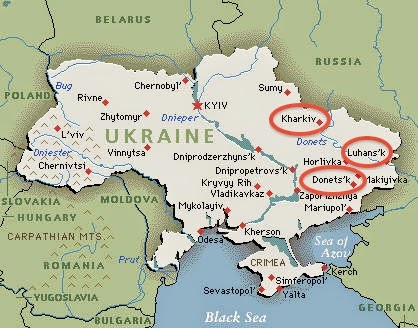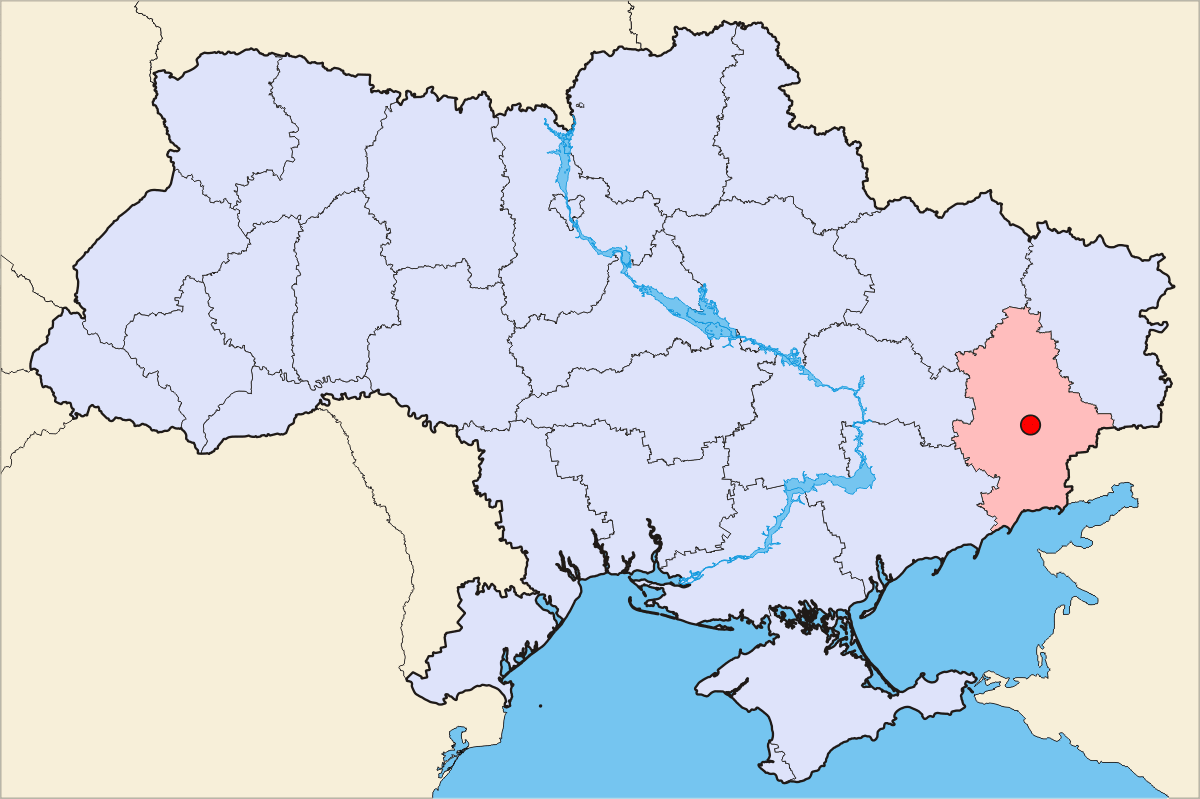Boris Kagarlitsky
Boris Kagarlitsky: 'The killing of Novorossiya'

US Secretary of State John Kerry with Russia's President Vladimir Putin
Boris Kagarlitsky: Rebel eastern Ukraine republics between war and elections

Polling station inside a rebel military base during elections in the city of Donetsk, i

[English at http://links.org.au/node/4008.]
이후로는 외국의 진보적 매체의 글들을 정기적으로 번역하여 게재할 예정이다. 이번에는 최근 Links International Journal of Socialist Renewald에 실린 우크라아니 동부지역의 분리그룹 내부 움직임에 대한 러시아 좌파 활동가 보리스 카갈리츠키의 글을 번역하여 싣는다. 번역은 델라님께서 맡았다. <편집자>
Redian.org
———————–
* Links International Journal of Socialist Renewal은 우크라이나의 정치적 상황에 대해 다양한 좌파적 견해를 발표해왔다. 이 글들이 반드시 발행인의 의견을 대변하지는 않는다. 아래는 모스크바의 Boris Kagarlitsky의 글이다. (Renfrey Clarke 번역)
우크라이나 정부와 노보로시야 Novorossiya 공화국(노보로시야는 ‘신러시아’라는 뜻. 우크라이나로부터 독립을 선포한 도네츠크 주와 루간스크 주 일대 지역이 모여 결성한 국가) 사이의 전쟁은 점차 교착상태가 되어가고 있다. 양쪽의 자원은 소모되고 있고, 전투 역량도 바닥을 보이고 있다.
Boris Kagarlitsky: Eastern Ukraine people’s republics between militias and oligarchs

Links International Journal of Socialist Renewal has published various left viewpoints from the regi
Ucrania: Las cenizas de Odessa

[In English at http://links.org.au/node/3841.
Boris Kagarlitsky: The ashes of Odessa

Links International Journal of Socialist Renewal has
Boris Kagarlitsky on eastern Ukraine: The logic of a revolt

Major anti-Kiev protests in eastern Ukraine, according t
Boris Kagarlitsky: Fate of Donetsk is being decided in Kharkov

Links International Journal of Socialist Renewal has publi

